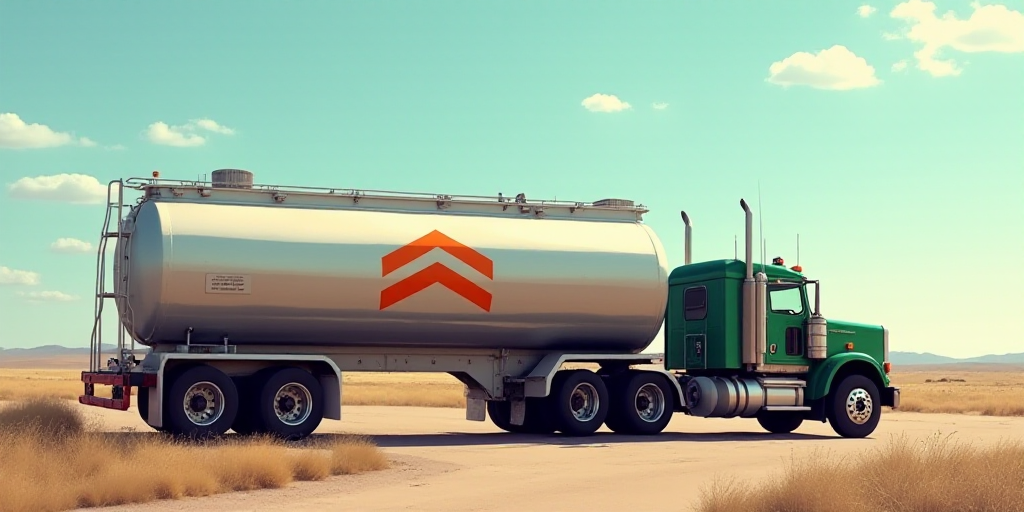Background on Chevron and its Relevance
Chevron, one of the world’s leading integrated energy companies, has been operating in Venezuela for decades. The company holds significant stakes in joint ventures with the state-owned oil company, Petróleos de Venezuela, S.A. (PDVSA). Chevron’s presence in Venezuela has been crucial for the country’s oil production, which holds the world’s largest proven oil reserves.
US Government’s Decision
Under the administration of President Donald Trump, the US government issued a limited authorization for Chevron to maintain its interests in Venezuela. This authorization does not permit Chevron to operate oil fields, export petroleum, or expand its activities in the country.
Context and Impact
In recent weeks, Chevron and other European oil companies have been in discussions with US officials to secure authorizations that would allow them to preserve their stakes and assets in Venezuela amidst the restrictive US policy towards the South American nation. The new guidelines mirror terms of a previous US license Chevron held between 2020 and 2022 for its Venezuelan operations.
Previous License and New Authorization
The previous license, issued by former President Joe Biden
Chevron stated on Tuesday that “License General 41B has expired, and Chevron’s continued presence in Venezuela complies with all applicable laws and regulations, including the US sanctions framework.” The US Treasury Department and PDVSA did not immediately respond to requests for comment. It remains unclear whether the guidelines for Chevron will extend to other foreign partners of PDVSA. Executives from Chevron Venezuela informed Venezuelan authorities and contractors about the new guidelines, and contracts for services and oil acquisitions were terminated. The US has accused Maduro of failing to advance on the return of migrants and electoral reforms necessary for democracy’s restoration in Venezuela. In February, the US announced its intention to revoke Chevron’s license. Maduro and his government have consistently rejected US and other countries’ sanctions, arguing they constitute an “economic war” while celebrating the country’s resilience. Despite possessing the world’s largest oil reserves, Venezuela’s production has significantly declined over the past decade due to insufficient investment, PDVSA mismanagement, and US sanctions since 2019. Licences granted to Chevron and other foreign companies have slightly boosted Venezuela’s oil production and exports since 2023.Chevron’s Response
Implications for Other Foreign Partners
US-Venezuela Relations and Oil Production
Venezuela’s Oil Industry Challenges
Key Questions and Answers






